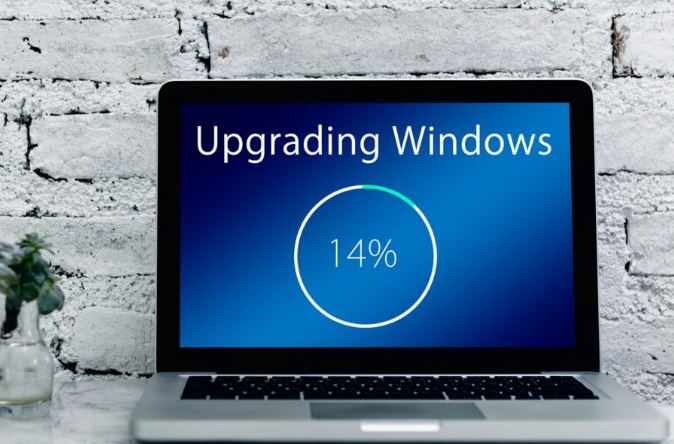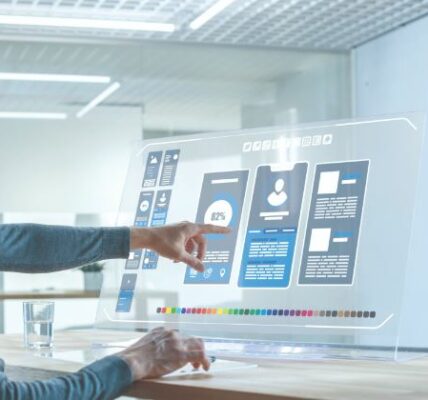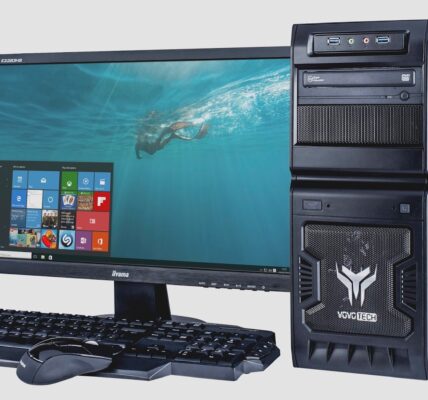Upgrading your desktop computer’s operating system is a crucial task that should not be overlooked. While many computer users may hesitate to upgrade due to concerns about compatibility or the time it takes to complete the process, there are several important reasons why upgrading your operating system is beneficial. In this article, we will explore the importance of upgrading your desktop computer’s operating system.
1. Security: One of the primary reasons for upgrading your operating system is security. Operating system providers regularly release updates and patches to address vulnerabilities and security issues. By upgrading to the latest version of your operating system, you ensure that your computer is equipped with the latest security features, protecting your data and personal information from potential threats.
2. Performance and Stability: Upgrading your operating system can also improve the performance and stability of your computer. Newer operating systems are optimized to run more efficiently on modern hardware, utilizing system resources effectively. This can result in faster boot times, improved application responsiveness, and smoother overall performance.
3. Compatibility: As technology continues to advance, software developers tend to focus their efforts on creating applications and programs that are compatible with newer operating systems. By upgrading your operating system, you ensure compatibility with the latest software releases and benefit from new features and functionalities that may not be available on older versions.
4. Support and Updates: Operating system providers typically provide ongoing support for their latest versions, including regular updates, bug fixes, and new feature releases. By upgrading your operating system, you gain access to these updates, ensuring that your computer remains up-to-date and capable of running the latest software and applications.
5. Hardware Support: Upgrading your operating system may be necessary to take advantage of new hardware technologies. Older operating systems may lack support for the latest processors, graphics cards, or other hardware components. By upgrading, you enable your computer to utilize new hardware features and benefit from improved performance and capabilities.
6. User Experience: Operating system upgrades often come with user interface enhancements and new features that can enhance your overall computing experience. These may include improved navigation, new productivity tools, or enhanced customization options. Upgrading allows you to enjoy the latest user-friendly features and enhancements that can make your daily computer usage more enjoyable and efficient.
While upgrading your operating system requires some effort and planning, the benefits far outweigh the temporary inconvenience. It is important to ensure that your computer meets the system requirements for the new operating system and that you have a recent backup of your important data before proceeding with the upgrade. By staying up-to-date with the latest operating system, you can enjoy improved security, performance, compatibility, and user experience, ensuring that your desktop computer remains reliable and capable of meeting your computing needs.





